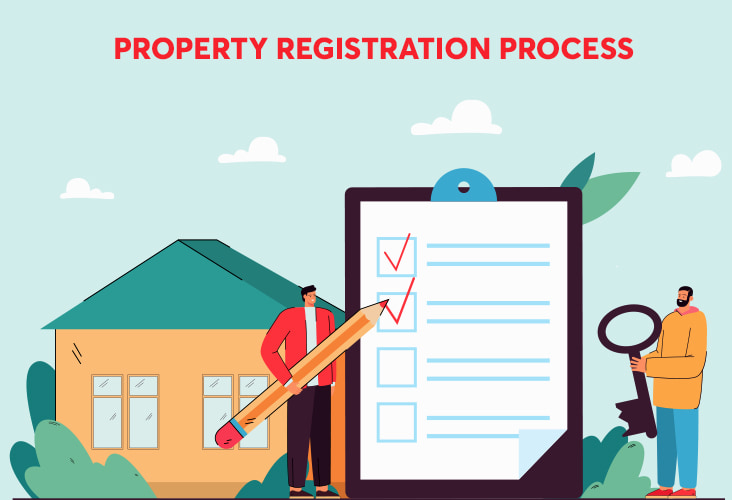Document Registration Process
Dhruva Groups welcomes you to our streamlined Document Registration Process, designed to ensure efficiency, accuracy, and security. Our process simplifies the registration of documents, whether for legal, business, or personal purposes. With Dhruva Groups, you can trust that your documents will be handled with utmost care and professionalism, adhering to all regulatory requirements. Let us guide you through a seamless registration experience, tailored to meet your specific needs.

Guidelines for Smooth Document Registration

Accuracy and Completeness

Compliance with Legal Requirements

Timely Submission
Essential Documents for Property Registration

Steps of the Documentation Registration Process in Real Estate
Frequently Asked Question's
What is document registration?
Document registration is the process of officially recording a document with the appropriate authority, such as a government agency or registry office. This is often done to establish legal ownership or rights to the document's contents.
Why do I need to register my documents?
Registering documents provides legal protection and establishes a public record of ownership or rights. It can also prevent disputes or confusion in the future regarding the document's authenticity or validity.
What types of documents require registration?
The types of documents that require registration vary depending on local laws and regulations. Common examples include property deeds, wills, contracts, patents, trademarks, and birth or marriage certificates.
Where do I register my documents?
The location for document registration depends on the type of document and your jurisdiction. Typically, registration is done at government offices or specialized registries, such as a land registry for property deeds or a patent office for patents and trademarks.
What information do I need to provide for registration?
The required information varies depending on the type of document. Generally, you'll need to provide details such as your name, address, the document's contents, and any relevant supporting documentation.
How long does the registration process take?
The time it takes to register a document can vary widely depending on factors such as the type of document, the workload of the registering authority, and any specific requirements or processing times. It's advisable to check with the relevant authority for an estimate.
